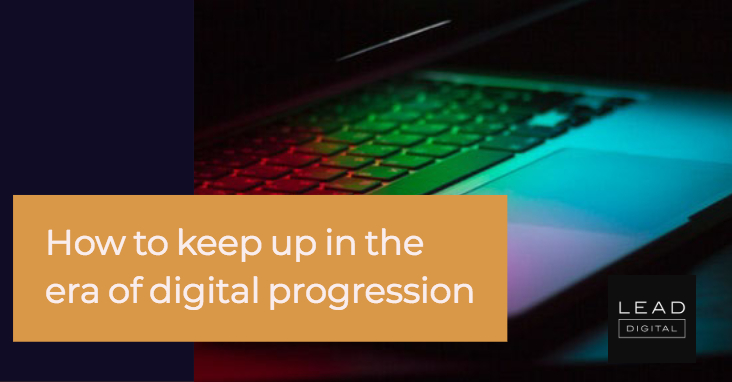
Technological innovation has transformed the way we work, play, interact, and behave.
Consider this: in 1995, there were 16 million internet users worldwide; today that figure tops four billion. Mass web adoption has driven improvements from healthcare to financial services, but along with this innovation has come higher expectations among consumers for personalised communications, products, and services.
For some marketers, digital disruption has moved too quickly. Alongside opportunities to engage specific audiences, there are also new challenges. With so many touchpoints, it’s become increasingly difficult to follow consumers across channels and devices, and even harder to determine which marketing and advertising campaigns are effective. Little wonder then that 40%are struggling to demonstrate return on investment.
To ensure success, marketers need to embrace measurement methods that offer a precise, and holistic, view of performance.
So, where exactly has innovation taken us, and what can be done to keep up with digital progression?
Losing conversational control
The advent of the internet didn’t just create the “always-on” consumer; it also signaled the end of marketer control over communication. Where previously brands could project messages via a one-way funnel — be that radio, TV, or print — the web allowed consumers to interact with brands according to their own pace and agenda. It also enabled a continuous, two-way dialogue between brands and consumers through a wider range of touchpoints. – Read



